Officials, experts, stakeholders highlight progress achieved in quality of life under EMV
The Jordan Times
AMMAN — Ministers, officials and stakeholders on Saturday reviewed progress under the Economic Modernisation Vision (EMV) 2023–2025 executive programme in the Quality of Life sector and discussed priorities for its upcoming second phase.
The session, held at the Prime Ministry, highlighted achievements across urban development, public transport, cultural initiatives, sports infrastructure and smart city technologies, reflecting the Kingdom’s broader goal to enhance citizens’ living standards and create sustainable, well-connected urban communities by 2033.
Minister of Local Administration Walid Masri highlighted the ministry's achievements in public transport in the first executive programme. He noted that the Amman–Zarqa Bus Rapid Transit (BRT) connection has been launched to provide safe, efficient, and reliable services, reduce traffic congestion, and create local employment opportunities.
He also noted that the operation of 64 buses on multiple routes, along with the implementation of intelligent transport systems on 173 buses adding that plans were underway to expand the Amman BRT network and restructure urban lines in Zarqa and Irbid to enhance coverage and accessibility.
Masri also highlighted the urban development achievements, including Abdali’s transformation into a smart and green urban hub attracting investment and supporting mixed-use growth. "New housing and urban planning projects are designed to provide sustainable, well-connected communities aligned with modern standards."
He also said that the ministry has launched eco-friendly parks such as the Madaba Green Park, introduced holistic urban plans for Aqaba, and developed national urban policies alongside workshops and awareness campaigns to guide future development.
The minister also highlighted cultural and community initiatives , including the restoration of historic sites, development of cultural centres, and the registration of traditional crafts such as weaving and mosaics on the Islamic World Heritage list aim to preserve Jordan’s heritage while fostering tourism and community engagement. "Five new arts training centres were established across the Kingdom, bringing the total to nine in eight governorates. More than 1,900 cultural events were held, with Jordan actively participating in international festivals."
Sports infrastructure and sustainability measures have also advanced, the minister said adding that the Aqaba International Stadium has been upgraded, and infrastructure for sports facilities and youth centres across several governorates has been completed.
“Environmental initiatives include expanding green spaces, improving sustainability in urban services, integrating renewable energy and water reuse systems, and preparing cities for climate resilience and green mobility.”
"Digital and smart city technologies form a core pillar of progress. These include AI applications for urban service management, smart meters, urban observatories, 3D printing in construction, and initial digital infrastructure in Greater Amman, which would be expanded to other municipalities to support decision-making and efficiency."
Masri also highlighted challenges, including limited public transport coverage, high infrastructure costs, ageing urban infrastructure, uneven population density, refugee pressures, limited green spaces, outdated planning frameworks, and gaps in private sector participation.
To address these challenges, the EMV has outlined strategic goals, including expanding integrated public transport systems, ensuring sustainable and inclusive urban growth, embedding environmental and climate-resilient standards, enhancing cultural and creative industries, and integrating smart urban technologies into planning and governance.
Masri also said that the economic impact is projected to be significant. "Investments in transport, urban development, cultural initiatives, and green infrastructure are expected to create thousands of jobs by 2033, while improving the overall quality of life and fostering inclusive growth."
"The second phase would introduce new initiatives focusing on smart urban infrastructure, green mobility, cultural heritage preservation, eco-friendly parks, affordable housing, waste management through a circular economy, and community-led urban improvements."
Officials stressed that improving Quality of Life is central to Jordan’s development agenda, linking social well-being with economic growth. With the right policies, investments, and partnerships, the sector is expected to play a transformative role in shaping Jordan’s urban landscape over the next decade.
Latest News
-
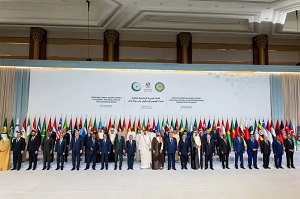 Arab-Islamic Summit issues final statement, condemns Israeli attack on Qatar, calls for accountability
Arab-Islamic Summit issues final statement, condemns Israeli attack on Qatar, calls for accountability
-
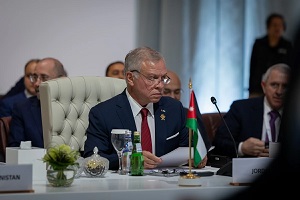 King delivers Jordan's address at Emergency Arab-Islamic Summit in Doha
King delivers Jordan's address at Emergency Arab-Islamic Summit in Doha
-
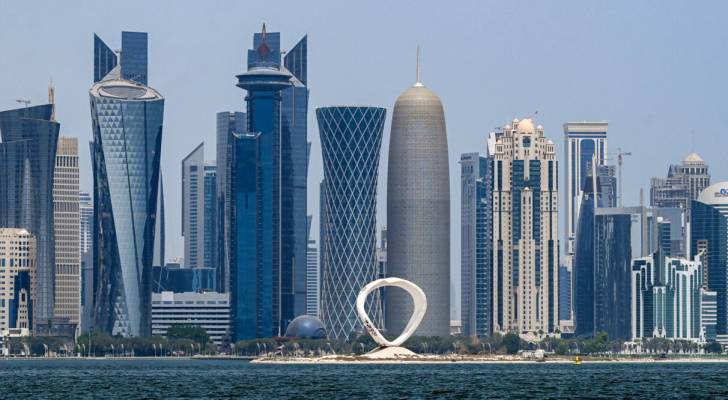 Leaders unite against ‘Israeli’ strike on Qatar at emergency Arab-Islamic Summit
Leaders unite against ‘Israeli’ strike on Qatar at emergency Arab-Islamic Summit
-
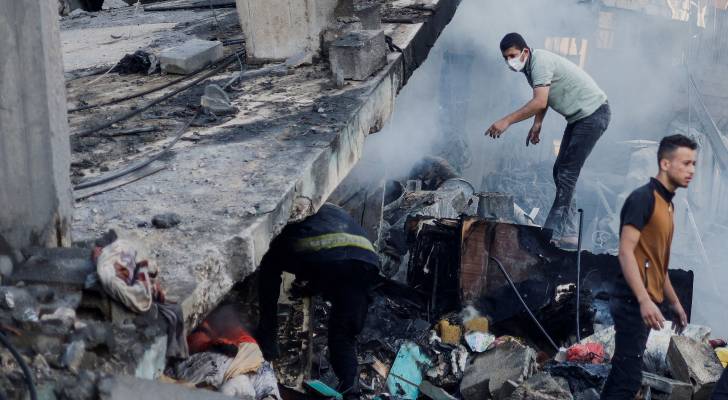 Gaza’s death toll rises to 64,905: Health Ministry
Gaza’s death toll rises to 64,905: Health Ministry
-
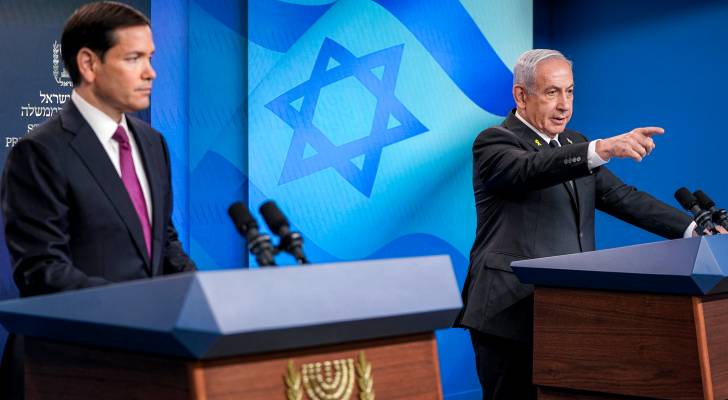 Rubio promises Netanyahu “unwavering support” to ‘Israel’ in Gaza goals
Rubio promises Netanyahu “unwavering support” to ‘Israel’ in Gaza goals